|
Deputy Head of the National Assembly Delegation of Hue City Nguyen Thi Suu participated in the discussion. Photo: Provided by the City's National Assembly Delegation |
At the meeting, delegates focused on analyzing the results achieved in stabilizing the macro economy , controlling inflation, promoting growth, disbursing public investment, developing the market, ensuring social security and people's lives. Many opinions also pointed out the limitations and challenges in management, requesting the Government and relevant agencies to have more breakthrough solutions to complete the development goals for 2026 and the coming period.
Participating in the discussion, Deputy Head of the Delegation of National Assembly Deputies of Hue City Nguyen Thi Suu expressed her gratitude for the timely attention and direction of the Party, State and Government, especially the Prime Minister , in supporting the recovery of damage caused by natural disasters in Hue in recent times. The city has promptly received material support, including 2 tons of dry food and 150 billion VND to restore after the floods.
Turning to the discussion, Ms. Nguyen Thi Suu highly appreciated the Government's Report 949, which demonstrated great efforts in implementing the 5-year socio-economic development plan for 2021-2025, especially in the fields of culture, society and human development. Accordingly, many important targets were achieved and exceeded: Average life expectancy reached 74.8 years; health insurance coverage rate reached 95.15%; multidimensional poverty rate decreased to about 1%; and the rate of trained workers reached 70%. These results, according to the delegate, "reflect the great efforts of the entire political system and the People".
However, looking deeply through the lens of sustainable development and national competitiveness in the digital age, Ms. Suu pointed out that there are still structural limitations that need to continue to be paid attention to, supplemented and improved by the National Assembly, the Government and ministries and branches in the coming period.
Firstly, regarding culture and people, delegates stated that culture has not yet truly become an endogenous force for development. The Government's report frankly pointed out that culture is not yet a solid spiritual foundation of society, nor has it become a driving force for national development. Meanwhile, in the world, countries are entering the stage of "culturalizing the economy", where creative products, national identity, heritage and entertainment industry become new sources of growth.
Based on that reality, delegates proposed adding the cultural GDP target, the contribution rate of creative industries to GDP and stipulating the minimum budget expenditure for culture to be no less than 2% of the total state budget expenditure. This is a way to institutionalize the viewpoint of "putting culture on par with economics and politics" in the spirit of Resolution 33 of the Central Committee.
Second, regarding the cultural industry, Vietnam's cultural industry currently only contributes about 3% of GDP, while the mechanisms for supporting creativity, infrastructure investment, intellectual property protection and attracting the private sector are still fragmented. Delegates proposed to develop separate legal documents on cultural and creative industry development, form a Cultural Creativity Fund, and have tax incentives for creative enterprises; at the same time, standardize cultural institutions, perfect regulations on digital copyright and commercialize Vietnamese cultural intellectual property on digital platforms.
The delegates said they were very excited when the Minister of Culture, Sports and Tourism, in his explanation, clearly stated the orientation to build specific mechanisms and policies for cultural creativity and a strategic resolution on "reviving and developing Vietnamese culture" in the coming period. "With Hue, a city that has grown from a heritage urban foundation, we expect that in the next 5 years, Hue will develop in the direction of a green, smart, and unique urban area, becoming the center of the Central region's cultural industry," said Ms. Suu.
Third, regarding social inequality and cultural equity, delegates noted that although the multidimensional poverty rate has decreased rapidly, the gap in social service access between regions, ethnic groups, and genders remains large. Violence, child abuse, gender equality, and access to culture and education for ethnic minorities remain worrisome challenges.
The delegate proposed adding social equity and cultural equity indexes by region, ethnicity, and gender to the national indicator system; and at the same time, including in the annual report the index on the proportion of women holding leadership positions at the provincial and communal levels. She also suggested linking the poverty reduction program with career transition and digital livelihoods, instead of short-term support models, so that people can be more self-reliant in economic development.
Fourth, regarding social security policies, delegates said that current policies still focus heavily on administrative subsidies, lack unified data, and have not yet formed a flexible social security network. Ms. Suu proposed building a national data system on social security, connecting social insurance, health insurance, social assistance, and poor households; applying a unique identification code for citizens in social security management; testing a micro-community risk insurance model in areas frequently affected by natural disasters, reducing dependence on budget subsidies. At the same time, it is necessary to issue a Decree on smart social protection, ensuring data integration, quick response, transparency, and community supervision.
Fifth, regarding education, health care and the labor market, Ms. Nguyen Thi Suu said that the digital transformation process in these two areas is still slow and not linked to the requirements of the digital economy. Delegates proposed adding mandatory indicators on the proportion of schools with electronic learning management systems (LMS), promoting data connectivity between education - health care - labor to serve the planning of high-quality human resources.
The Deputy Head of the Delegation of National Assembly Deputies of Hue City emphasized: “The strength of the Vietnamese nation lies not only in natural resources or technology, but first and foremost in the people and cultural identity of Vietnam. When culture becomes an endogenous strength, when social security shifts from assurance to development, that will be a solid foundation for a strong and sustainable Vietnam in the new era.”
Le Tho
Source: https://huengaynay.vn/chinh-tri-xa-hoi/theo-dong-thoi-su/dat-van-hoa-ngang-hang-voi-kinh-te-va-chinh-tri-de-phat-trien-ben-vung-159346.html


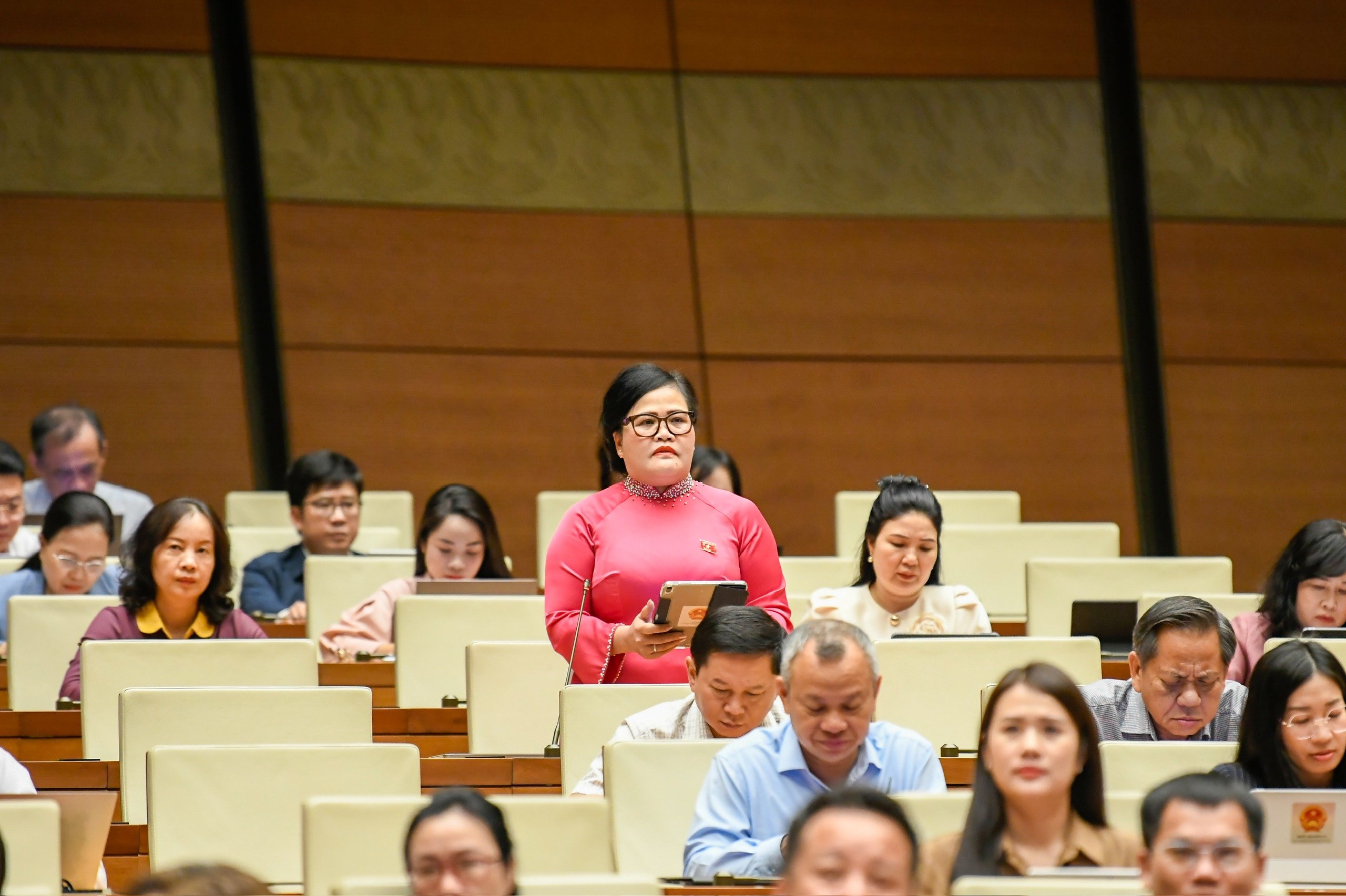

![[Photo] Hue: Inside the kitchen that donates thousands of meals a day to people in flooded areas](https://vphoto.vietnam.vn/thumb/1200x675/vietnam/resource/IMAGE/2025/10/29/1761738508516_bepcomhue-jpg.webp)

![[Photo] Prime Minister Pham Minh Chinh chaired a meeting to evaluate the operation of the two-level local government model.](https://vphoto.vietnam.vn/thumb/1200x675/vietnam/resource/IMAGE/2025/10/29/1761751710674_dsc-7999-jpg.webp)
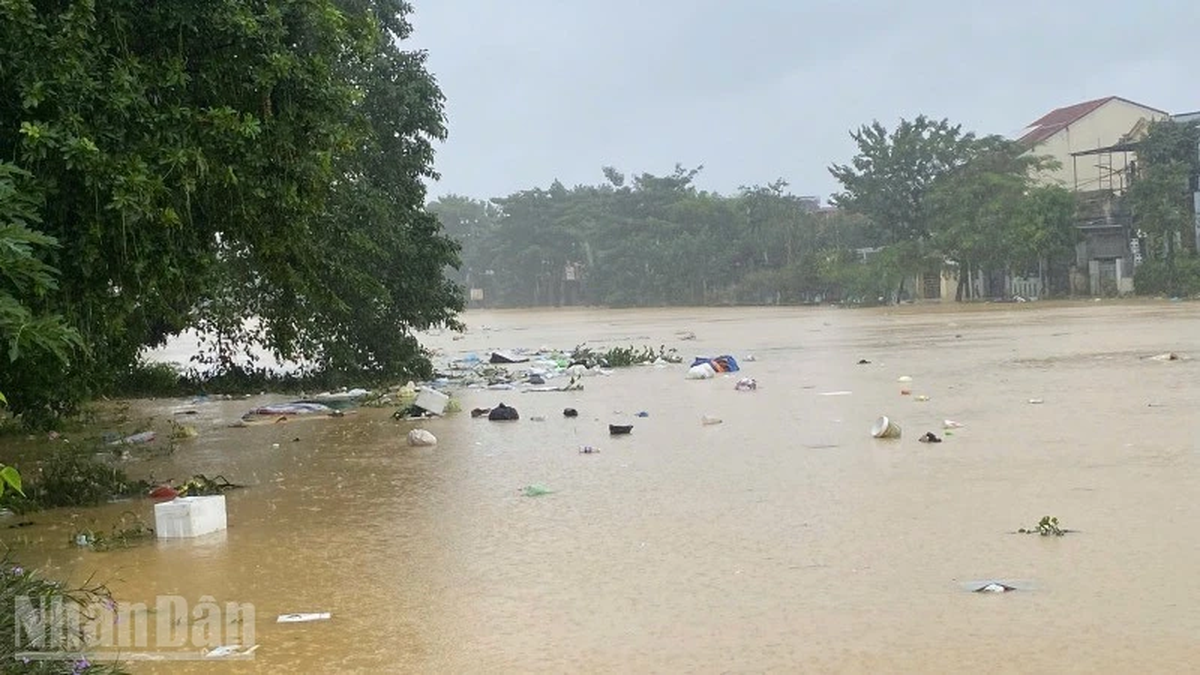
![[Photo] Prime Minister Pham Minh Chinh chaired a meeting to discuss solutions to overcome the consequences of floods in the central provinces.](https://vphoto.vietnam.vn/thumb/1200x675/vietnam/resource/IMAGE/2025/10/29/1761716305524_dsc-7735-jpg.webp)


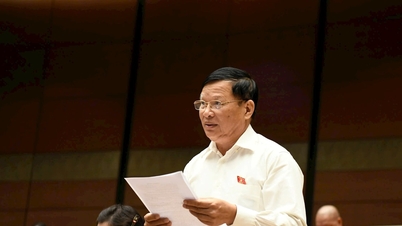



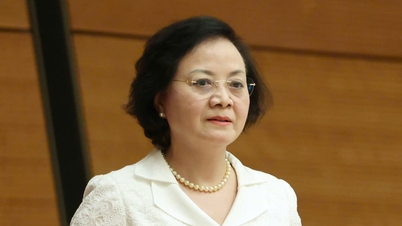

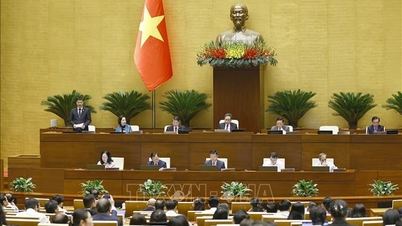
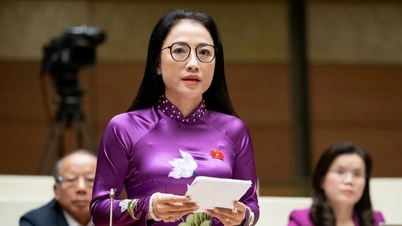

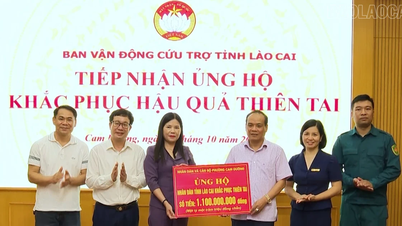

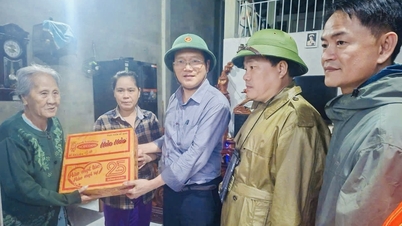
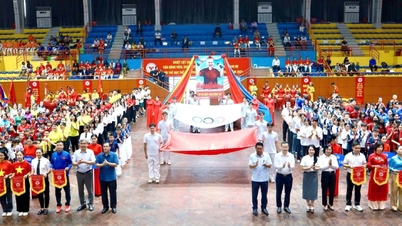

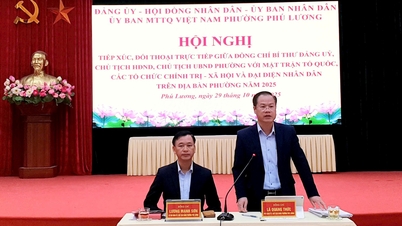
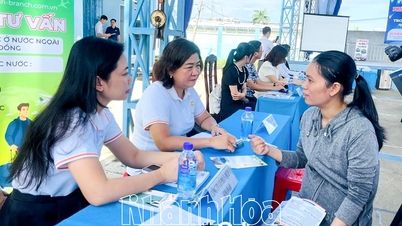

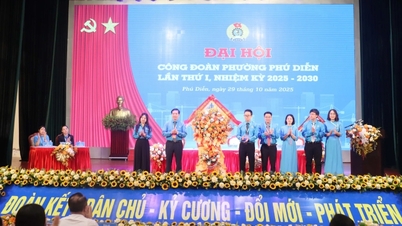




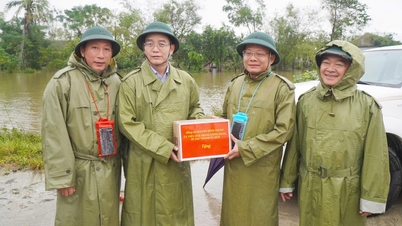
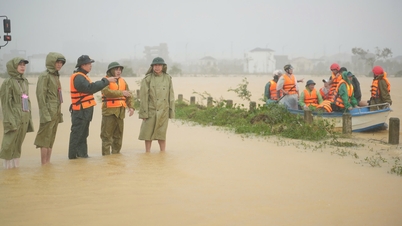

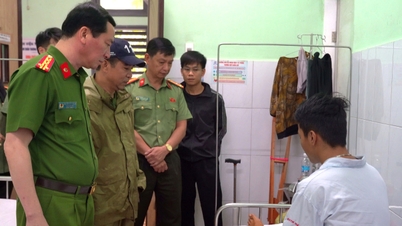
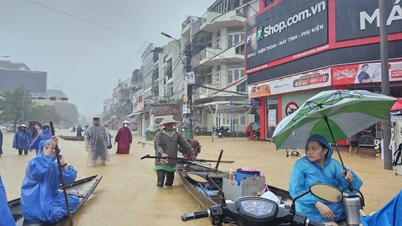
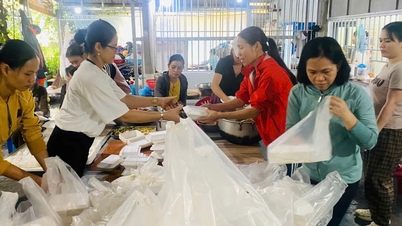
































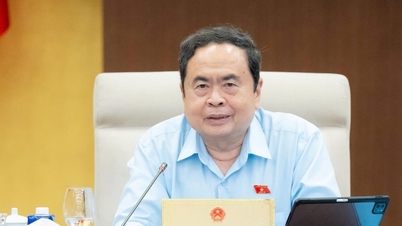
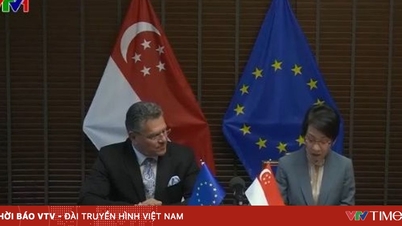
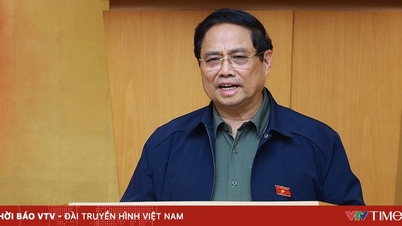
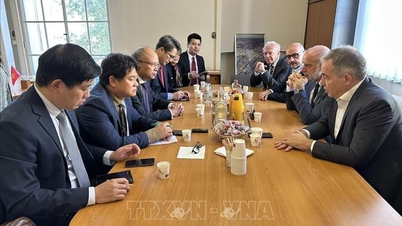
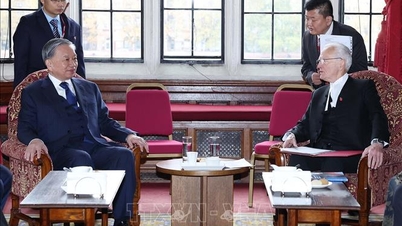
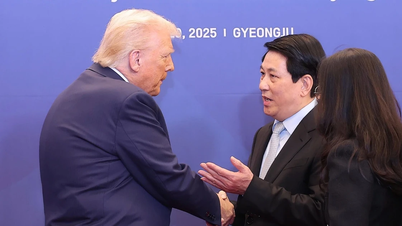



![[Live] Concert Ha Long 2025: "Heritage Spirit - Brightening the Future"](https://vphoto.vietnam.vn/thumb/402x226/vietnam/resource/IMAGE/2025/10/29/1761743605124_g-anh-sang-am-thanh-hoanh-trang-cua-chuong-trinh-mang-den-trai-nghiem-dang-nho-cho-du-khach-22450328-17617424836781829598445-93-0-733-1024-crop-1761742492749383512980.jpeg)



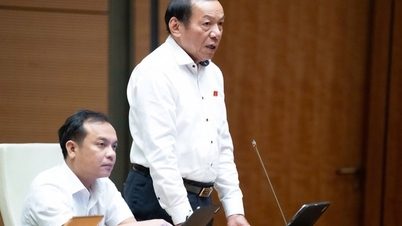
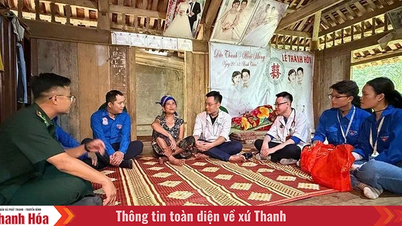







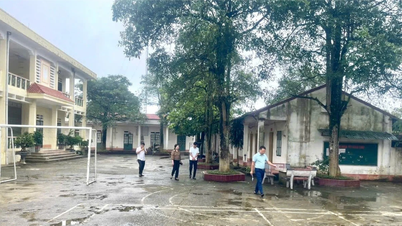















Comment (0)